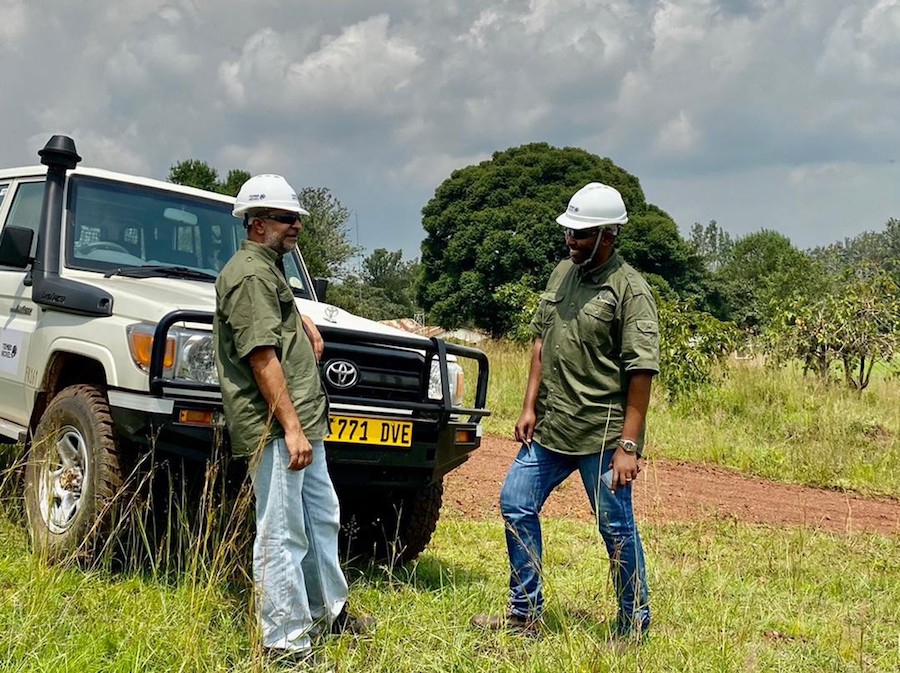BHP back to Africa with Tanzania nickel investment

Nickel, traditionally used to make stainless steel, is also a key component in lithium-ion batteries, allowing vehicle manufacturers to reduce the use of cobalt, which is more expensive and has a less transparent supply chain.
Going back to Africa aligns with chief executive Mike Henry’s strategy of expanding the search for key metal into “tougher jurisdictions”, as the company has traditionally focused on less risky mining jurisdictions such as Australia, Chile and Canada.
BHP will initially invest $40 million in Kabanga Nickel and $10 million in Lifezone, which owns the processing technology. The investment will give the Melbourne, Australia-based mining giant an 8.9% stake in Kabanga, which it can bump to 17.8% after it makes an additional $50 million investment.
Related Article: Nickel price hit highest in a month with inventories close to record lows
BHP’s purchase of a stake in Kabanga values the project at $658 million. It marks a sharp strategy turnaround, as the company had planned to exit the nickel business to focus on other commodities, and put its Nickel West unit in Australia up for sale in 2014.
The company reversed its decision in 2019 and is now expanding those operations as it has placed nickel at the core of its business.
Answer to Musk’s nickel plea
Kabanga is regarded as the world’s largest development-ready, high-grade nickel sulphide deposit and its owner has hailed it as the answer to Elon Musk’s nickel plea.
The project, however, located in a remote location in Tanzania’s north-west, close to the border with Burundi and Rwanda, and lacks infrastructure.
The asset was previously owned by Barrick Gold (TSX: ABX) (NYSE: GOLD) and Glencore (LON:GLEN), which sold the project after being stripped of their retention licence in 2018 by Tanzania’s former president John Magufuli.
Kabanga Nickel expects to kick off operations in 2025, targeting a minimum annual nickel equivalent production of 65,000 tonnes.
The output will be ramped up to target a minimum annual production of 40,000 tonnes of nickel, 6,000 tonnes of copper and 3,000 tonnes of cobalt.
(With files from Bloomberg)




